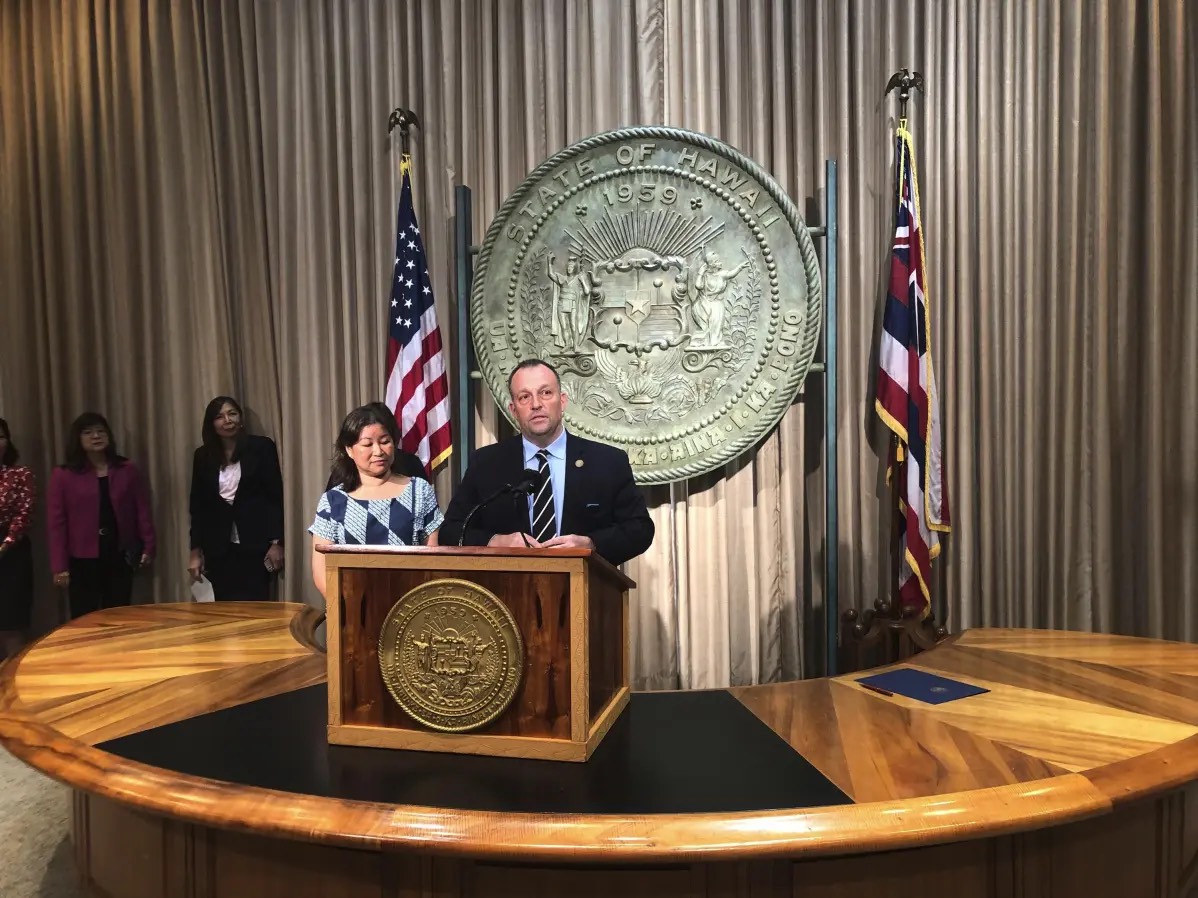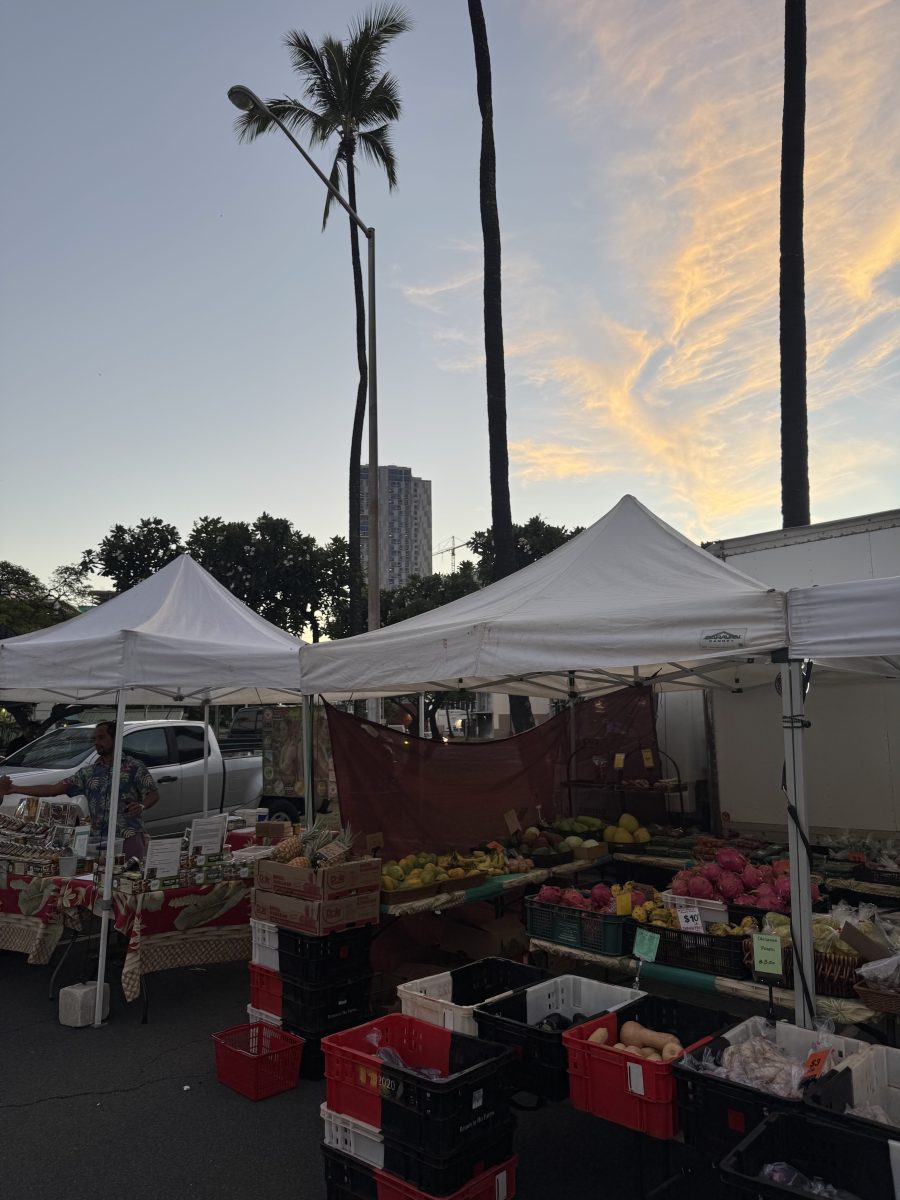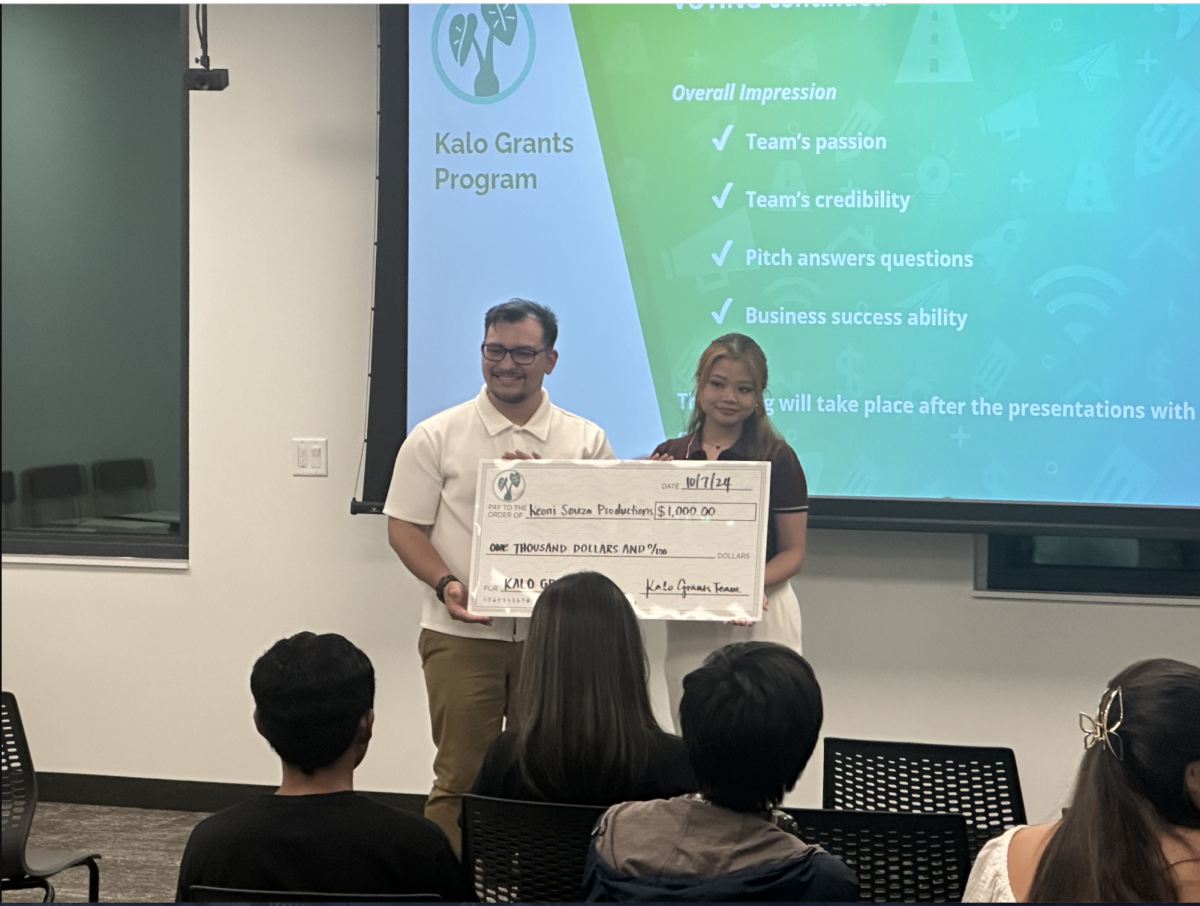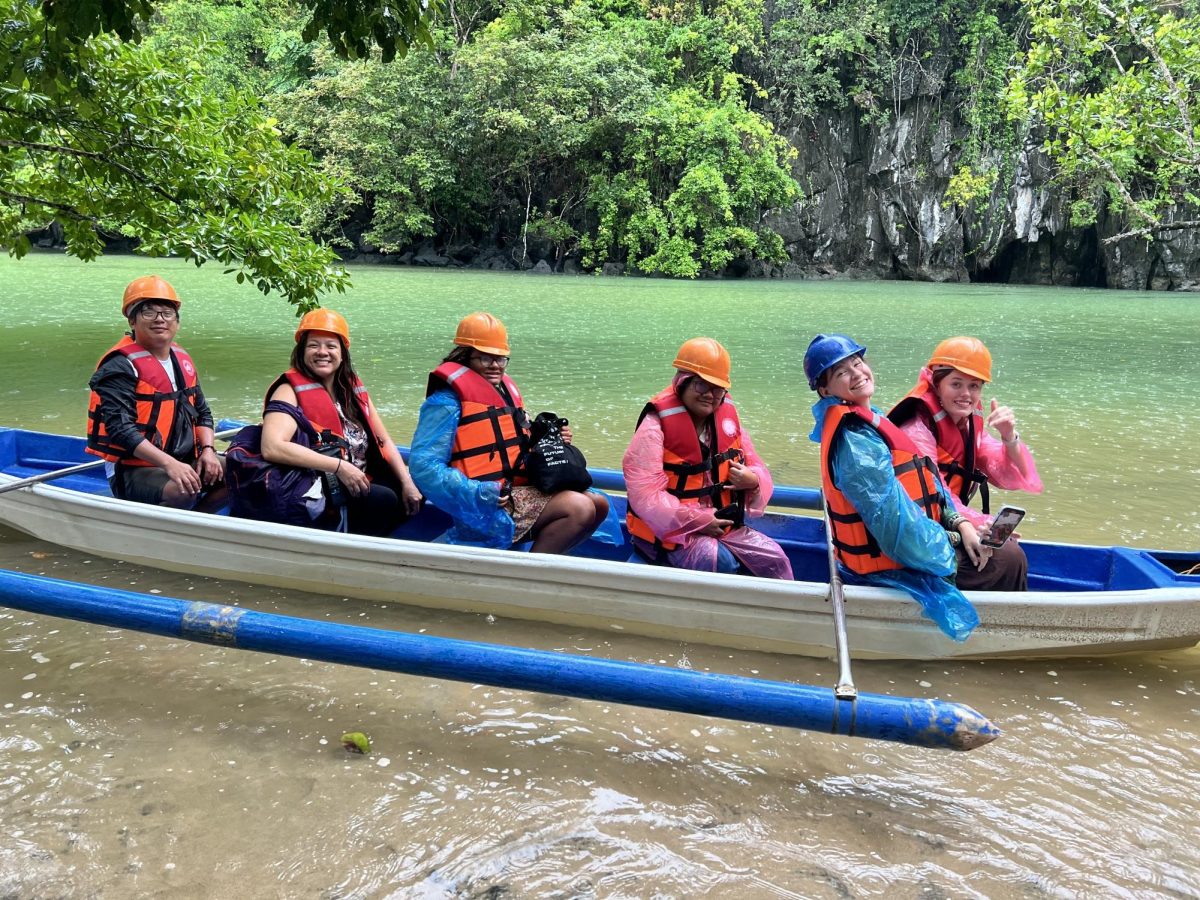In advocating for abortion access, Grace Caligtan, an Outreach Educator at Planned Parenthood Hawaii, shared a first-hand account of a situation where she said a teen might not want to consult with her parents.
Caligtan grew up in a conservative town in Virginia, she said, and during high school, her best friend got pregnant and had to undergo an abortion procedure.
“She didn’t regret it,” Caligtan said. “She was looking forward to graduation. She graduated on time and was looking forward to college. … There was a lot of relief.”
As a close friend, Caligtan said, she knew not to tell her own parents, either, especially her mother, so Caligtan and her friend consulted with the mother of another friend, to get help, and to get the procedure done.
Some people might hear Caligtan’s story as pragmatic or rational, but others, she acknowledges, might take offense to it.
Hawaii, at this point, is siding with the teens who don’t want to involve their parents. SB1, for example, a law signed earlier this by Gov. Josh Green, protects doctors performing abortion services along with those receiving them, including visitors and minors. This law was added to the state after the landmark Roe v. Wade decision was overturned last year by the Supreme Court, leaving any issue about abortions in state jurisdictions.
The teen birth rate in Hawaii declined by 78% between 1991 and 2020, according to Power to Decide, a campaign to prevent unplanned pregnancies. In 2020, there were 470 births to teens in Hawaii. Most teen births in the state (79 percent) are to older teens (ages 18 to 19). And 10 percent of all teen births were to teens who already had a child. Of the teen births, more than half of them were described by the girls involved as “unplanned.”
Jamie Detwiler, president of the Hawaii Federation of Republican Women, and a parent herself, said parental consent should be gained when it comes to these difficult and important decisions, especially when the minor is still learning themselves about major choices in life.
“I have daughters,” Detwiler said. “I think about them in their 30s and 40s, and I have grandchildren as well. … I think at that moment, for a 14-year-old or all the way through to a 17-year-old, what a lonely place to be in, for a person that young to make that kind of decision.”
Rep. David A. Tarnas, who voted for the SB1 bill in the House, said that many young women seeking abortions communicate with their parents and part of this law, however, is directed at those who do not.
“We’re trying to protect those young women who are in a bad situation, and they really can’t talk to their parents,” Tarnas said. “Or their parents are not supportive, and they feel like if they’ve disclosed to their parents that they were pregnant, and they wanted an abortion, that they would get thrown out of the house, or they would be, you know, physically abused.”
Jessica Caiazzo, founder of Hawaiian Parents United, said that even though SB1 passed, they are not giving up on their resistance to the law and are making efforts to try and get revisions.
“We’re still against it,” Caiazzo said. “Now we have to wait until the next legislative session, in the next two years, to revise the bill and ask for amendments. To have so many people show up not once, not twice, not but multiple times, and it’s signed into law it is just unfortunate.”
Planned Parenthood, along with a majority of legislators, and many community supporters, collaborated with The Hawaii Abortion Collective, a coalition dedicated to strengthening abortion rights, to advocate for this law.
Jen Wilbur, a state director for Planned Parenthood Alliance Advocates, said that Hawaii has always been in favor of minors’ rights to abortion and wanted to strengthen the law after many states made abortions illegal.
“Minors have had access to abortion,” Wilbur said. “But there was some conflict between the attorney general opinion that said that they could in our constitution. We wanted to make sure and update the law so that it reflected their rights basically, and to access abortion.”







